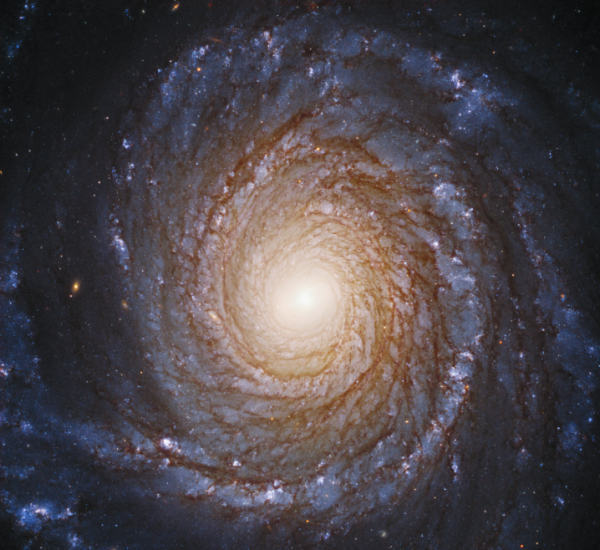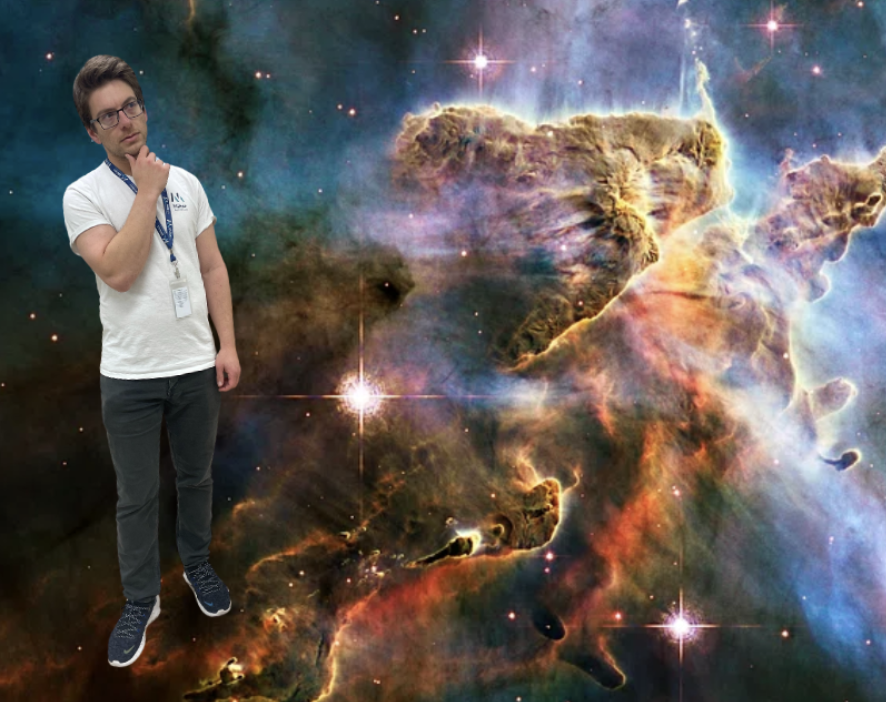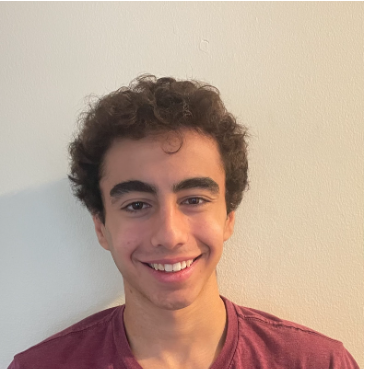Outer space. The Sun. The solar system. Stars. Moons. Constellations. Black holes. The Big Bang. These are concepts relating to space that are often shrouded in mystery, yet their fascinating nature has always intrigued human beings. During the day, we wonder how one seemingly small orb of light can illuminate our whole world. At night, we have always looked up at the sky in awe at the glowing balls of fire and the large orbiting rock that channel the deepest depths of our curiosity. From Galileo in the 1500s to NASA today, humans have always strived to comprehend and explore the vast vacuum that surrounds our planet Earth.
Next school year, Milken Juniors and Seniors will have the opportunity to join this exploration in a year-long Astronomy class taught by Science teacher Mr. Gallway. Astronomy is the study of all the celestial objects that are beyond Earth’s atmosphere. Mr. Gallway has been developing an “astronomy hobby” over the past two years where has avidly studied many topics related to the subject and has been inspired to share “some of the amazing things he has learned about our universe.”
He developed his own astronomy curriculum which was approved by Milken’s Chief Curriculum and Program Officer Dr. Schwartz earlier this school year. According to Mr. Gallway, the course will “start more locally with our solar system” and will “explain phenomena that are familiar to people like seasons and ocean tides” that relate to astronomy. The class will then transition into studying the sun and “stars in general” as well as the Milky Way galaxy as a whole. After this, the course will focus on more “exotic” celestial objects and concepts such as “black holes, neutron stars, pulsars, quasars, and The Big Bang.”

However, Mr. Gallway is most excited to teach about exoplanets, which are planets that orbit stars outside of our solar system. He says that the methods used to discover these planets are “subtle and ingenious” and are an “example of really clever detective work.” He also is excited to teach students about exoplanets that are “totally different from any [planets] in our solar system.” For example, some planets he will focus on orbit multiple stars or contain years that are shorter than their days.
Mr. Gallway stated the Astronomy course will “not be as difficult as an AP Science class and is definitely meant to be an elective one can take if they are curious and interested in the subject without it dominating their schedule.” He also characterized the course as “largely conceptual and not mathematically rigorous” and wants the class to appeal to people who do not spend all their energy on the sciences but have “interest in the subject.” However, the course will contain a “variety of assignments and laboratory work.”
Mr. Gallway has already received word from multiple students that they have signed up for the course and are excited to take it next year. Even if students do not choose to pursue astronomy, he says the course could grow students’ interest in the underlying physics of the subject. The class could also kickstart a “lifelong passion” in understanding space and tap into humans’ “natural fascination with the stars.” Mr. Gallway has made it clear that the course will educate on a “wide survey” of phenomena studied in Astronomy so that students may “broaden their perspective on what’s possible in the universe.”




